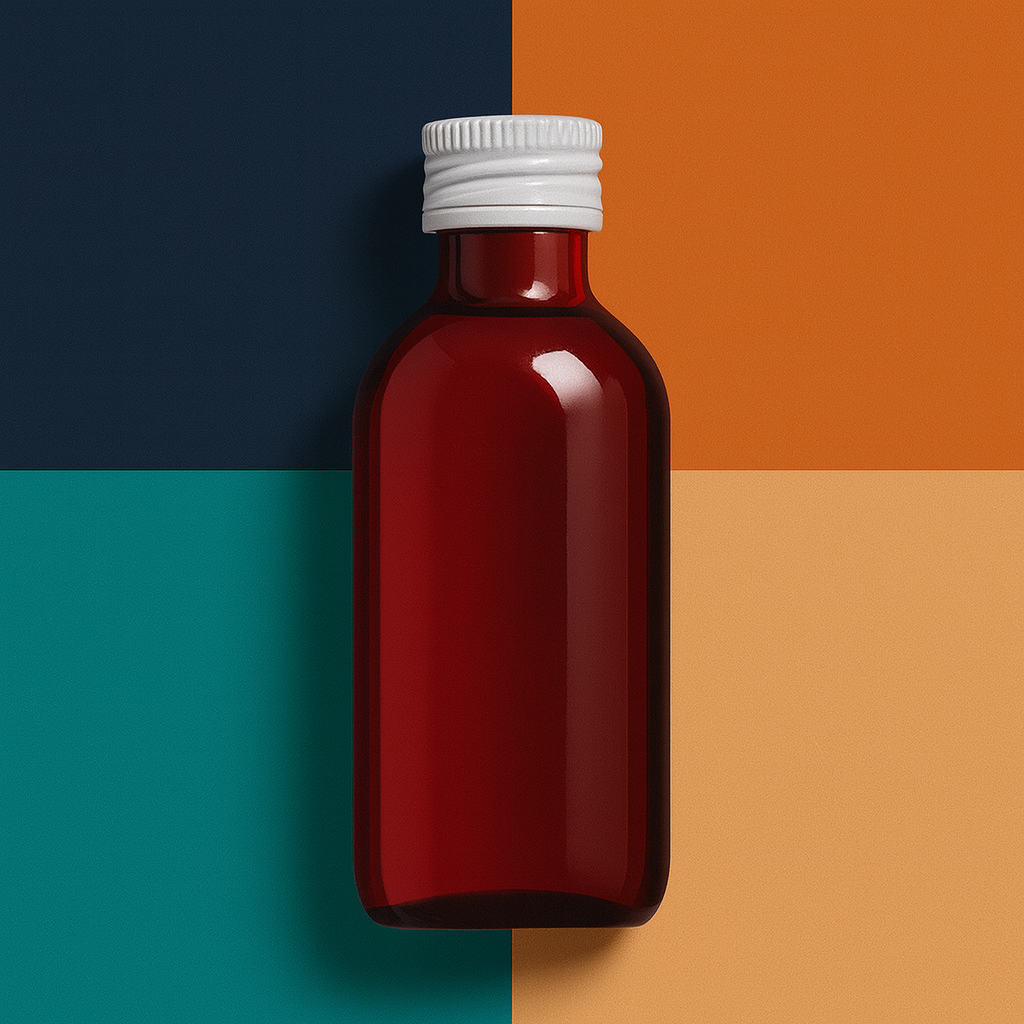


What is dextromethorphan?
Dextromethorphan is used to temporarily relieve cough caused by the common cold, the flu, or other conditions. Dextromethorphan will relieve a cough but will not treat the cause of the cough or speed recovery. Dextromethorphan is in a class of medications called antitussives. It works by decreasing activity in the part of the brain that causes coughing.
How should this medicine be used?
Dextromethorphan comes as a liquid-filled capsule, a chewable tablet, a dissolving strip, a solution (liquid), an extended-release (long-acting) suspension (liquid), and a lozenge to take by mouth. It is usually taken every 4 to 12 hours as needed. Follow the directions on the package or prescription label carefully, and ask your doctor or pharmacist to explain any part you do not understand.
Dextromethorphan should only be used according to the label or package directions. Do not take more than the recommended amount of dextromethorphan in a 24-hour period. Refer to the package or prescription label to determine the amount contained in each dose. Taking dextromethorphan in large amounts can cause serious side effects or death.
Dextromethorphan comes alone and in combination with antihistamines, cough suppressants, and decongestants. Ask your doctor or pharmacist for advice on which product is best for your symptoms. Check nonprescription cough and cold product labels carefully before using 2 or more products at the same time. These products may contain the same active ingredient(s) and taking them together could cause you to receive an overdose. This is especially important if you will be giving cough and cold medications to a child.
Nonprescription cough and cold combination products, including products that contain dextromethorphan, can cause serious side effects or death in young children. Do not give these products to children younger than 4 years of age. If you give these products to children 4-11 years of age, use caution and follow the package directions carefully.
If you are giving dextromethorphan or a combination product that contains dextromethorphan to a child, read the package label carefully to be sure that it is the right product for a child of that age. Do not give dextromethorphan products that are made for adults to children.
Before you give a dextromethorphan product to a child, check the package label to find out how much medication the child should receive. Give the dose that matches the child's age on the chart. Ask the child's doctor if you don't know how much medication to give the child.
If you are taking the liquid, do not use a household spoon to measure your dose. Use the measuring spoon or cup that came with the medication or use a spoon made especially for measuring medication.
If you are using the dissolving strips, place them on your tongue and swallow after they melt.
If you are taking the chewable tablets you can allow them to melt in your mouth or you can chew them before swallowing.
If you are taking the extended-release suspension, shake the bottle well before each use to mix the medication evenly.
If you are taking the lozenges, allow them to slowly melt in your mouth.
Stop taking dextromethorphan and call your doctor if your cough does not get better within 7 days, if your cough goes away and comes back, or if your cough occurs with a fever, rash, or headache.
What special precautions should I follow?
Before taking dextromethorphan,
What side effects can this medication cause?
Dextromethorphan may cause side effects. Tell your doctor if any of these symptoms are severe or do not go away:
If you experience any of the following symptoms, call your doctor immediately:
Dextromethorphan may cause other side effects. Call your doctor if you experience any unusual problems while you are taking this medication.
If you experience a serious side effect, you or your doctor may send a report to the Food and Drug Administration's (FDA) MedWatch Adverse Event Reporting program online (https://www.fda.gov/Safety/MedWatch) or by phone (1-800-332-1088).
In case of emergency/overdose
In case of overdose, call the poison control helpline at 1-800-222-1222. Information is also available online at https://www.poisonhelp.org/help. If the victim has collapsed, had a seizure, has trouble breathing, or can't be awakened, immediately call emergency services at 911.
Symptoms of overdose may include:
🔗 Reference: https://medlineplus.gov/druginfo/meds/a682492.html